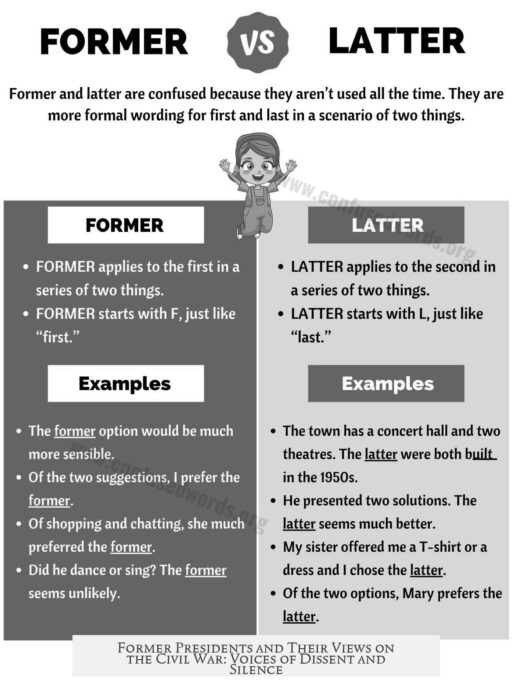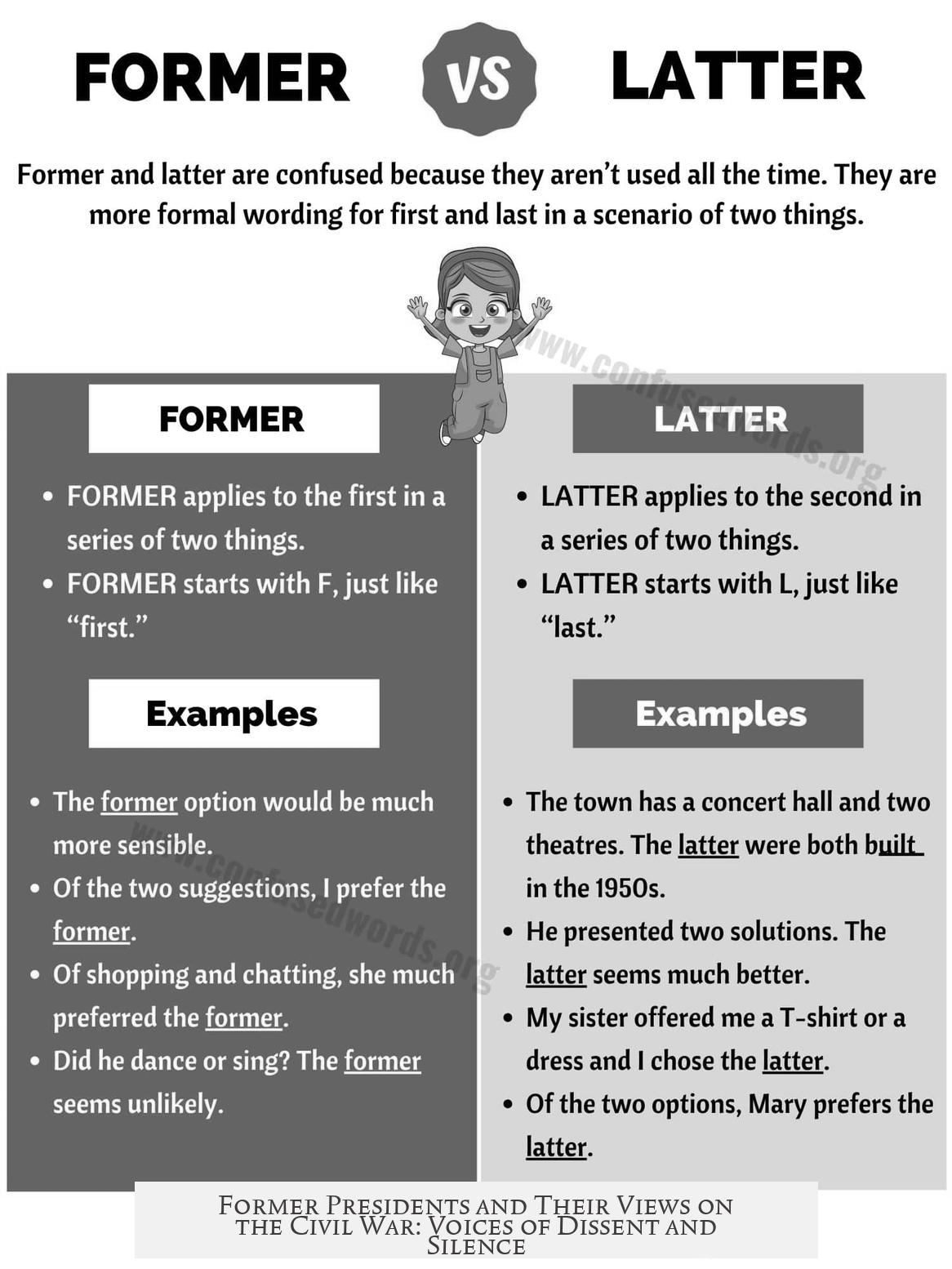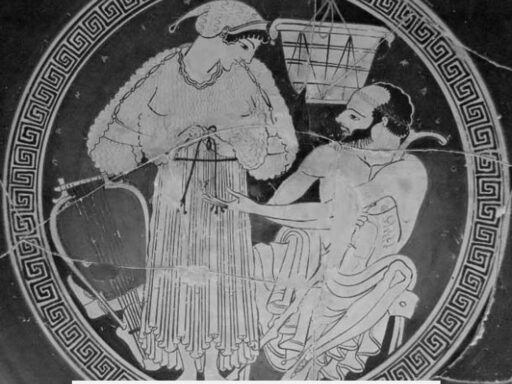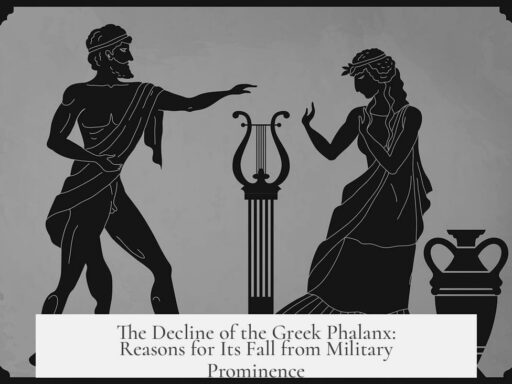At the outbreak of the Civil War, five former U.S. presidents were alive: Martin Van Buren, John Tyler, Millard Fillmore, Franklin Pierce, and James Buchanan. Their views ranged broadly from strong Union support to Confederate sympathy. Their public engagement with the conflict also varied considerably.
Martin Van Buren, the eighth president, opposed slavery and supported Abraham Lincoln’s decision to suppress secession by force. Though he had stepped away from active politics and was traveling abroad at the war’s start, Van Buren’s views aligned with the Union cause. He had earlier opposed the expansion of slavery, leading the Free Soil party in 1848 to stop slavery spreading westward. Van Buren died in July 1862, shortly into the war, before witnessing the Emancipation Proclamation’s effect. His stance was supportive but relatively quiet due to his retirement from public life.
John Tyler, the tenth president, presented a stark contrast. A strong supporter of states’ rights, Tyler sought to avoid war by helping organize the Virginia Peace Convention in 1861, aiming to reach a compromise. When this failed, he actively endorsed the Confederacy, resigning his U.S. citizenship and serving in the Confederate House of Representatives for Virginia. Tyler was notably public and engaged with Confederate politics. His death in January 1862 followed soon after he assumed his Confederate office. Tyler is unique as the only president to die without U.S. citizenship.
Millard Fillmore, the thirteenth president, opposed Lincoln but was a firm Unionist. He had earlier supported the Compromise of 1850, which included the Fugitive Slave Act and upheld slavery’s legal status to some degree. Although critical of Lincoln, Fillmore did not endorse the Confederacy. Instead, he remained in New York where he formed and led the “Union Continentals,” a home guard militia for local defense. His public stance was complex—oppositional to Lincoln yet loyal to the Union. After the war, Fillmore supported President Andrew Johnson’s lenient Reconstruction policies towards the South.
Franklin Pierce, the fourteenth president, held strong pro-slavery views and deep Southern sympathies. He served immediately before the war and oversaw the passage of the Kansas-Nebraska Act, which allowed territories to decide slavery by popular sovereignty, intensifying sectional conflict. Pierce publicly opposed Lincoln’s Emancipation Proclamation and was hated in the North for his positions. Unlike some of his peers, Pierce was vocal against abolition and closely associated with policies that deepened national divisions. Pierce’s stance was openly pro-slavery and critical of the Union’s war aims.
James Buchanan, the fifteenth president, struggled to prevent secession during his term immediately before Lincoln’s. He supported efforts to amend the Constitution to settle slavery disputes peacefully but failed to halt the Union’s breakup. Buchanan backed Lincoln once war erupted and urged constitutional measures against conflict. After leaving office, Buchanan published writings blaming abolitionists and Republicans for the war, a view that was unpopular. His public role during the war was limited but for a conciliatory tone supporting Union preservation.
| Former President | Views on Slavery & War | Public or Private Stance | Key Actions |
|---|---|---|---|
| Martin Van Buren | Anti-slavery, supported Lincoln; opposed slavery’s expansion | Quiet support; retired from politics, traveled abroad | Led Free Soil party; criticized Buchanan; died 1862 |
| John Tyler | Pro-states’ rights, supported Confederacy | Very public; peace convention and Confederate Congress | Virginia Peace Convention leader; Confederate Congressman; died 1862 |
| Millard Fillmore | Opposed Lincoln, favored Compromise of 1850, Unionist | Public Union home guard leader in NY | Led “Union Continentals”; supported lenient Reconstruction |
| Franklin Pierce | Pro-slavery, opposed abolition, unpopular North | Publicly vocal against Emancipation | Kansas-Nebraska Act; harshly criticized Union war aims |
| James Buchanan | Pro-Union but conciliatory; failed to prevent secession | Limited public engagement; post-war blame writings | Urged constitutional amendment; later blamed abolitionists |
Of these men, only John Tyler took an overtly active role in the Confederacy. Martin Van Buren and James Buchanan expressed Union support, with Van Buren more quietly and Buchanan in a conciliatory, somewhat ineffective way. Millard Fillmore, despite opposing Lincoln, remained loyal to the Union while harboring Southern sympathies. Franklin Pierce openly opposed abolition measures and was widely disliked in the North.
Two of the former presidents, Tyler and Van Buren, died early in the Civil War, within its first two years. The remaining three lived through the war’s duration but had limited direct impact on wartime leadership. Historians often count Fillmore, Pierce, and Buchanan among the “doughfaces”—Northern politicians with sympathies toward Southern interests—which shaped their ambivalent or sometimes oppositional views to the Lincoln administration’s war policies.
Their relatively low-profile or divided stances contrast sharply with the subsequent generation of presidents who were Civil War veterans themselves. Those men, such as Ulysses S. Grant and Rutherford B. Hayes, came to power after the war with firsthand experience of the conflict. The former presidents of 1861 had mostly retired from direct influence, and their legacies during the Civil War era remain mixed and sometimes overlooked.
- Five former presidents (Van Buren, Tyler, Fillmore, Pierce, Buchanan) were alive at Civil War start.
- Van Buren supported Union quietly; Tyler joined Confederacy openly.
- Fillmore was a Unionist militia leader but opposed Lincoln’s policies.
- Pierce was pro-slavery and opposed abolition publicly.
- Buchanan tried to avoid war, later blamed abolitionists for the conflict.
- Two died during the conflict; others had limited direct roles.




